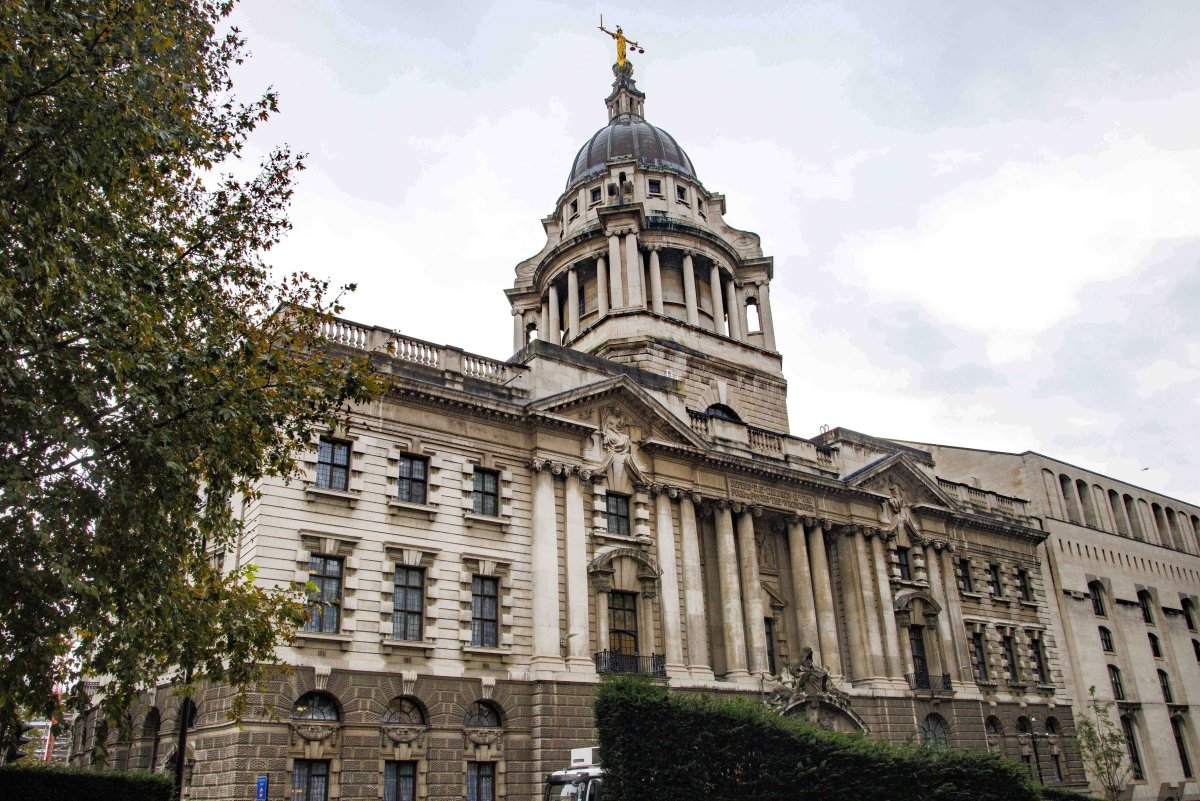New guidance in Great Britain said that police should consider releasing the ethnicity and nationality of suspects charged in high-profile or sensitive cases. The Central Criminal Court of England and Wales in London is shown. File Photo by Mark Thomas/EPA
Aug. 13 (UPI) — New national guidance in Britain said that police should consider releasing the ethnicity and nationality of suspects when they are charged in high-profile or sensitive cases.
The guidance said that there must be a policing reason to release the information, such as to combat disinformation or improve public safety.
The move was in response to protests after two men were charged with the alleged rape of a 12-year-old girl in Nuneaton, Warwickshire, outside of Birmingham, England. The two charged were reported to be Afghan asylum seekers.
Warwickshire Police would not confirm the immigration status, which led Reform U.K. — a right-wing populist party — and its leader Nigel Farage to accuse the police of a cover-up. The police strongly denied this.
Ahmad Mulakhil was charged with rape, and Mohammad Kabir has been charged with kidnapping and strangulation.
Responding to protests last week, Home Secretary Yvette Cooper urged police to release the ethnicity, saying police should be more transparent.
The National Police Chiefs’ Council and the College of Policing said they support the new initiative, but it has also drawn criticism from some anti-racist activists, who have said that it could risk making violence against women and girls an issue of ethnicity instead of misogyny.
The Home Office will decide if it is “appropriate in all the circumstances” to confirm immigration status of a suspect, the guidance said.
Policing Minister Diana Johnson told Sky News, “We welcome the guidance. We want to be as transparent and as open as possible with the public,” including releasing ethnicity and nationality unless there is “good reason not to.”
Police didn’t share basic facts about the “Southport killer” last summer, which led to “dangerous fictions,” an independent watchdog said. The attack took the lives of three girls, ages 6,7 and 9, at a Taylor Swift-themed party. Ten others were also injured.
Attorney Jonathan Hall said it would have been “far better” for police to share more accurate detail about the arrest of Axel Rudakubana, the man later convicted of the killings. Far-right agitators wrongly claimed that he was a Muslim asylum seeker.
Deputy chief constable Sam de Reya, NPCC spokesperson, told The Guardian, “We saw during last summer’s disorder, as well as in several recent high-profile cases, what the major, real-world consequences can be from what information police release into the public domain.
“We have to make sure our processes are fit for purpose in an age of social media speculation and where information can travel incredibly quickly across a wide range of channels. Disinformation and incorrect narratives can take hold in a vacuum. It is good police work for us to fill this vacuum with the facts about issues of wider public interest.”
